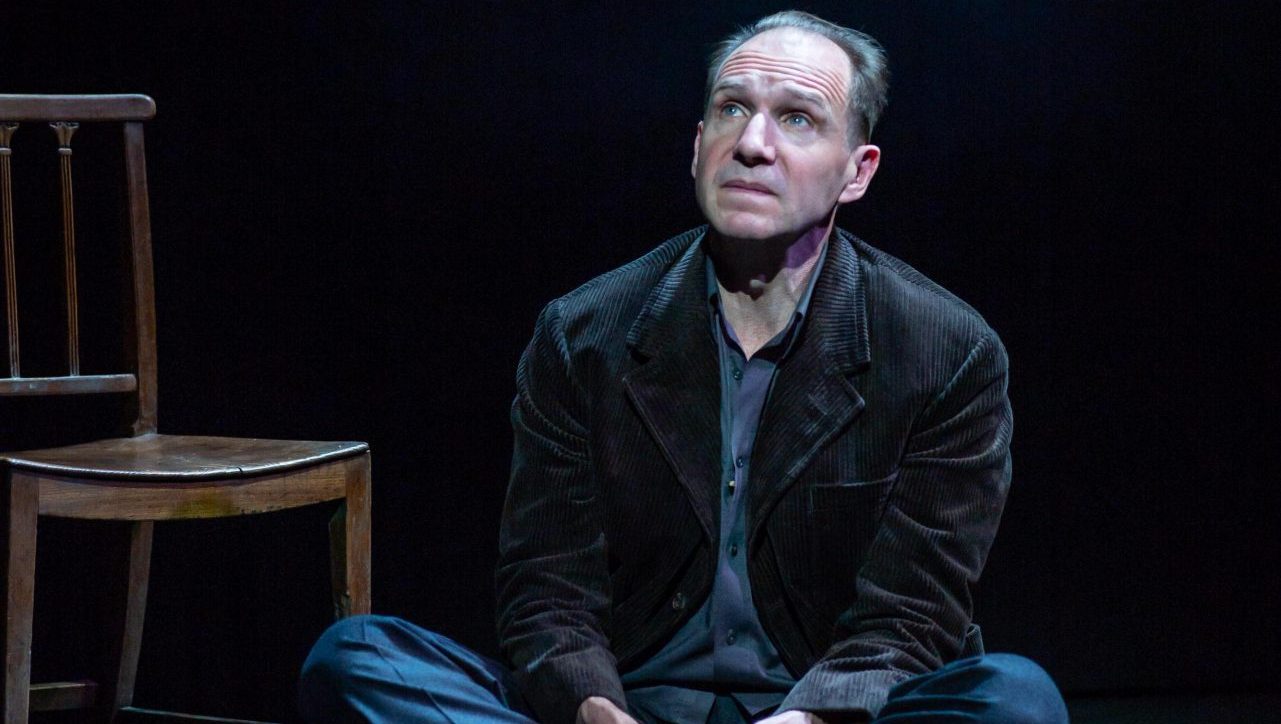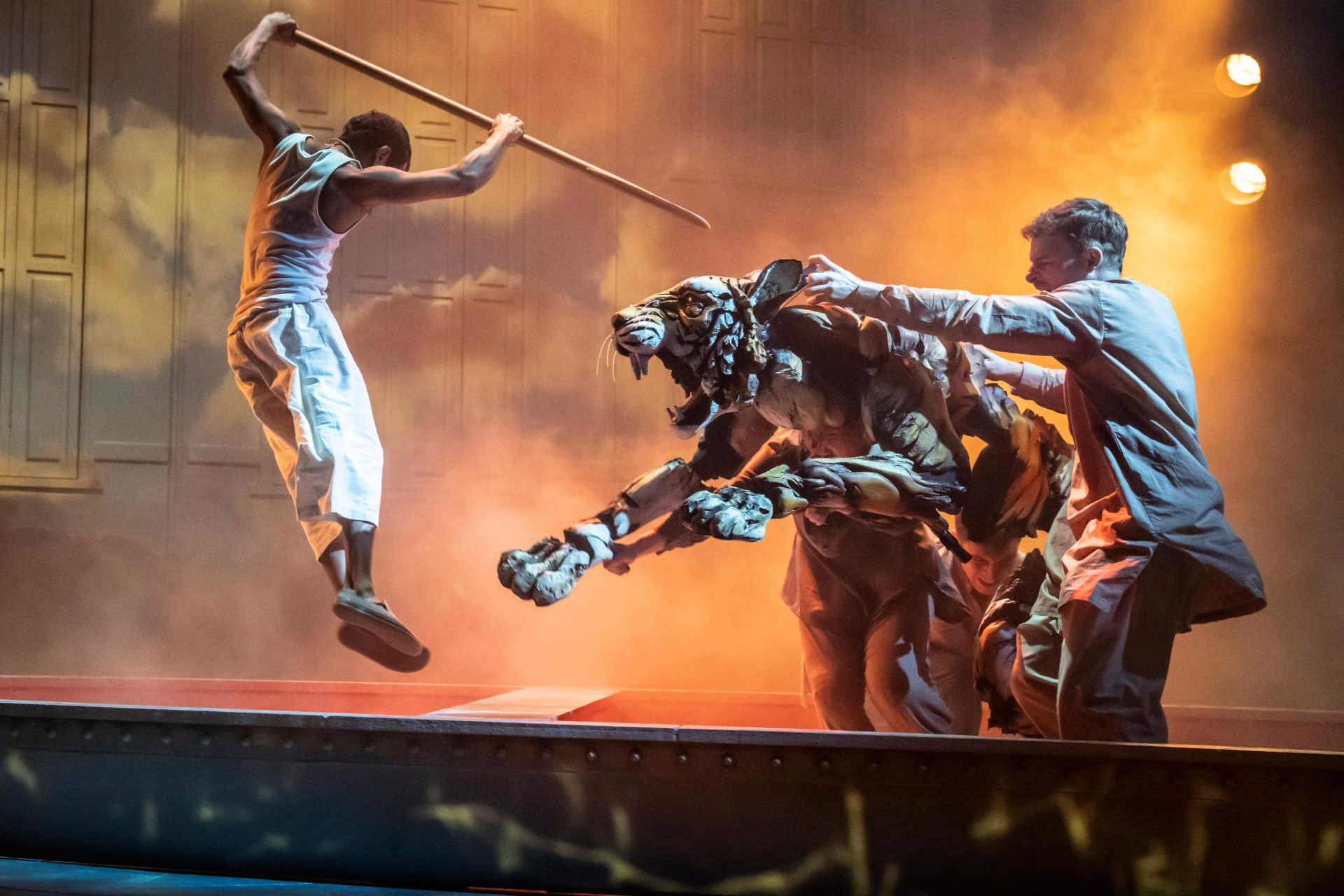Ralph Fiennes is a very accomplished actor, who can deliver the words of T. S. Eliot alone on stage for an hour and a quarter. I was wondering what the message of Four Quartets is, and, in all honesty, that’s about it.
The soliloquy – an adaptation by James Dacre and Fiennes himself that welds together Eliot’s writings – is a rumination on the passage of time and human frailty and it’s awfully pretentious. There’s an expectation that everyone should nod sagely at lines such as “in my beginning is my end”, and the very polite audience in on the night I saw it did their bit. There’s an argument that some of it is relevant to our times: “humankind cannot bear too much reality” etc, but it would be stretching it to say this seemingly never-ending show is in any real sense enlightening.
Still, the lighting by Tim Lutkin and Hildegard Bechtler’s set – two vast stone monoliths that Fiennes periodically shifts around – are impressive. There’s a very effective moment when the whole auditorium is plunged into total darkness; even the exit lights are turned off (is this legal?), as Fiennes drones portentously on.
I know that Dacre shares my passion for freedom of expression and so I welcome the fact he has, with Fiennes, made such a determined stab at this.
Ultimately, I still can’t help thinking it is, in the final analysis, about Fiennes indulging himself rather than his audience. It is, to that extent, theatrical onanism.
Theatre Review: Ralph Fiennes indulges himself, not the audience, in Four Quarters
The highly accomplished actor drones on and provides a bore of a performance.




